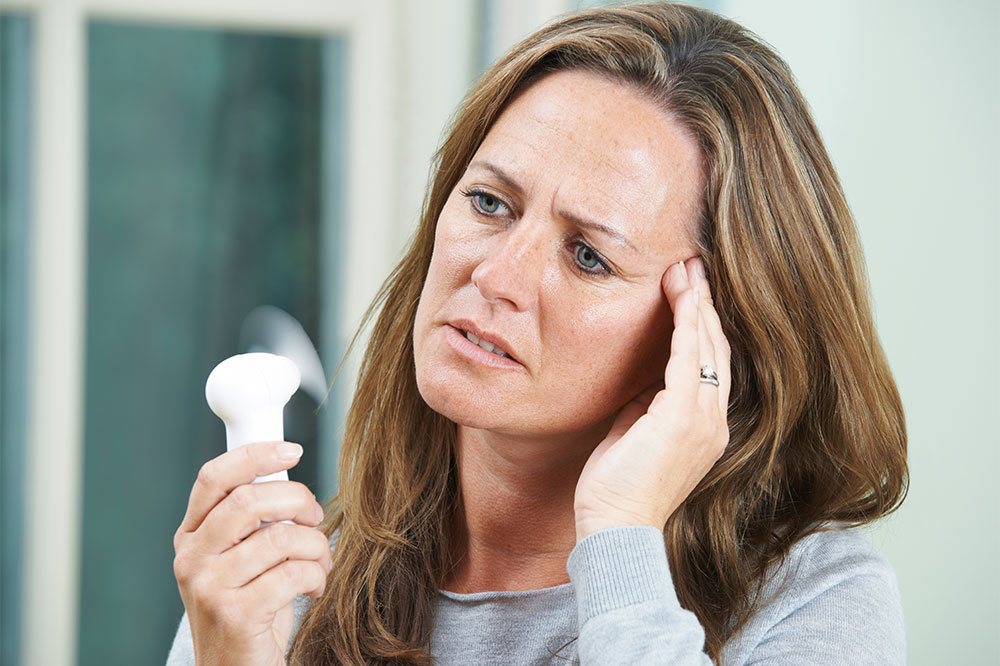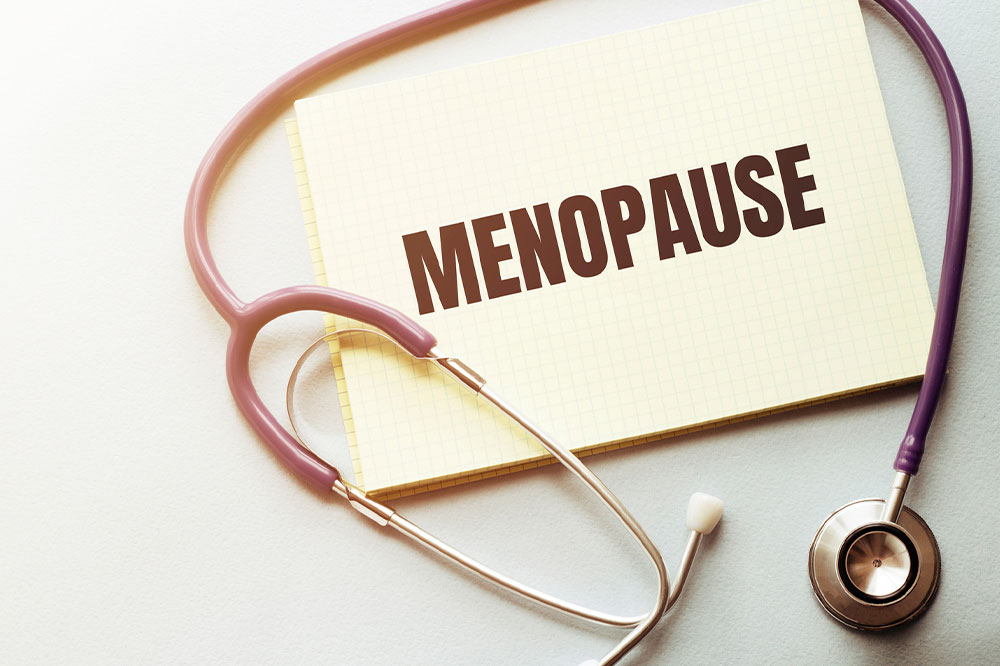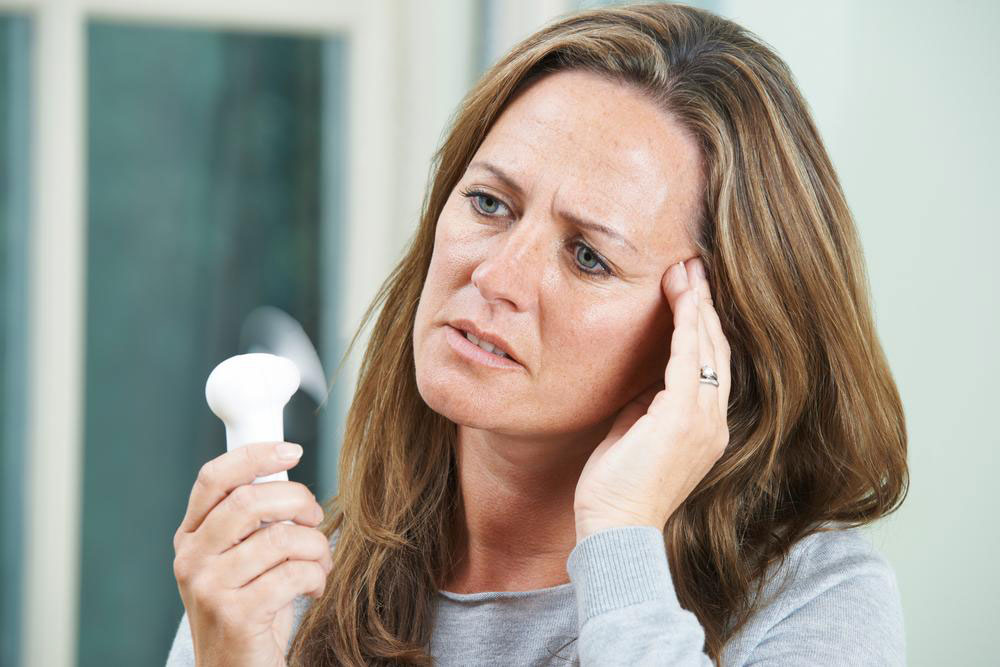Menopause: Key Facts You Need to Know
Discover essential information about menopause, including its stages, diagnosis methods, and effective management strategies to ensure a healthy transition through this natural phase of life.
Sponsored

Menopause marks the end of a woman's menstrual cycle, recognized after 12 consecutive months without periods. Typically occurring around age 51, it can begin earlier in some women’s 40s. This natural biological process involves several stages that can impact daily life due to symptoms like hot flashes, irregular periods, and sleep disturbances.
Stages of Menopause
Menopause progresses through three phases:
Perimenopause
This is the transition phase before menopause, starting in your 40s, characterized by irregular cycles, sleep issues, and hot flashes. Some women experience it in their 30s.
Menopause
It officially begins after 12 months of no periods, and pregnancy becomes impossible.
Postmenopause
Following menopause, symptoms decline for many, but decreased estrogen increases risks for osteoporosis, urinary, and heart problems, requiring ongoing health management.
Diagnosis
Blood tests measuring estrogen and FSH levels help confirm menopause. Higher FSH and lower estrogen levels are typical markers. Additional testing for thyroid issues might be necessary to rule out similar symptoms.
Managing Symptoms
Though menopause cannot be avoided, lifestyle choices can ease symptoms. Maintaining a balanced diet with fresh produce and limiting processed foods is essential. Regular physical activity, such as 150 minutes of moderate aerobic exercise weekly, supports overall health. Ensuring adequate calcium and vitamin D intake helps preserve bone density during this phase.
Prioritizing your overall well-being is vital for a healthier postmenopausal life.






